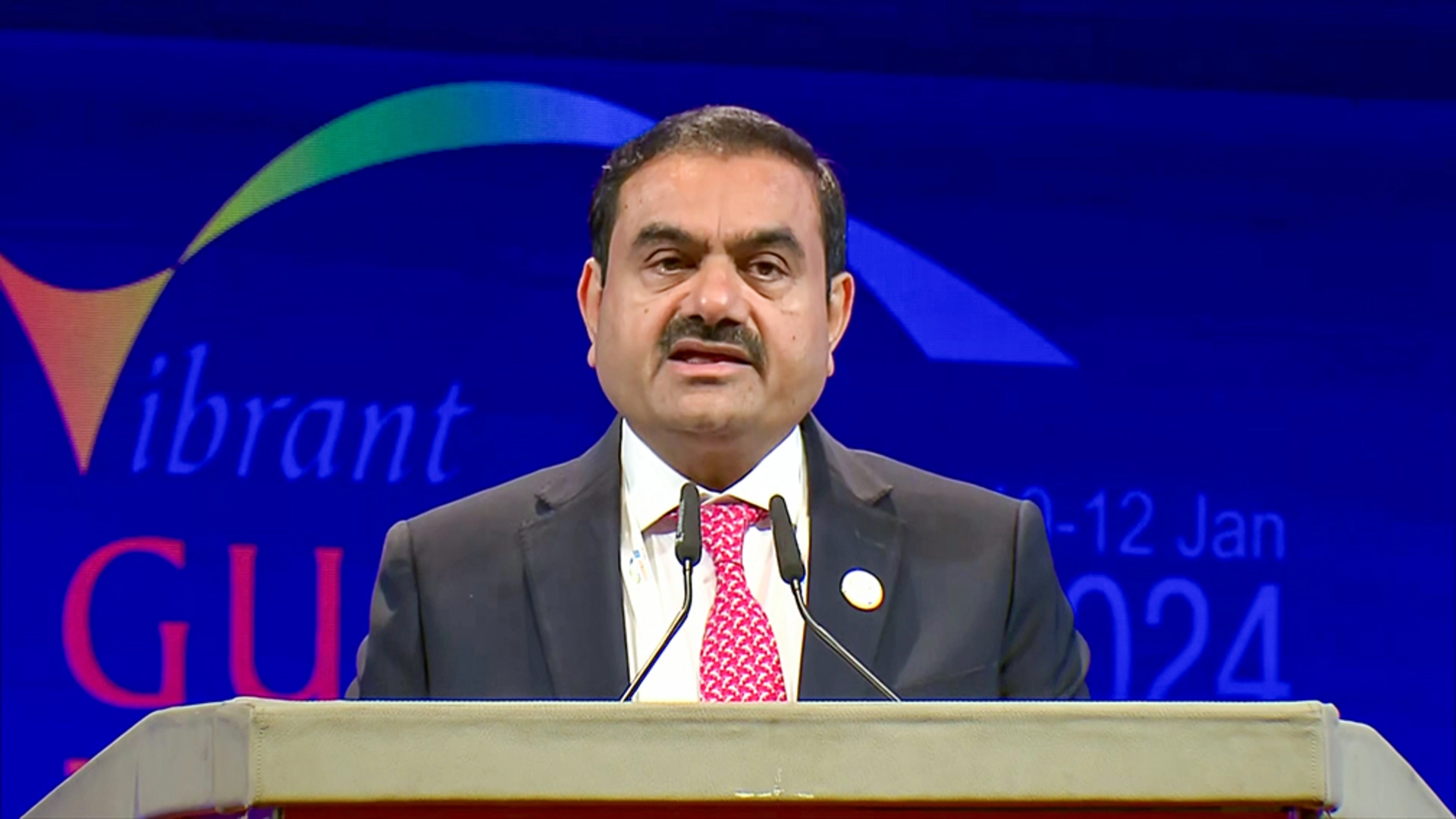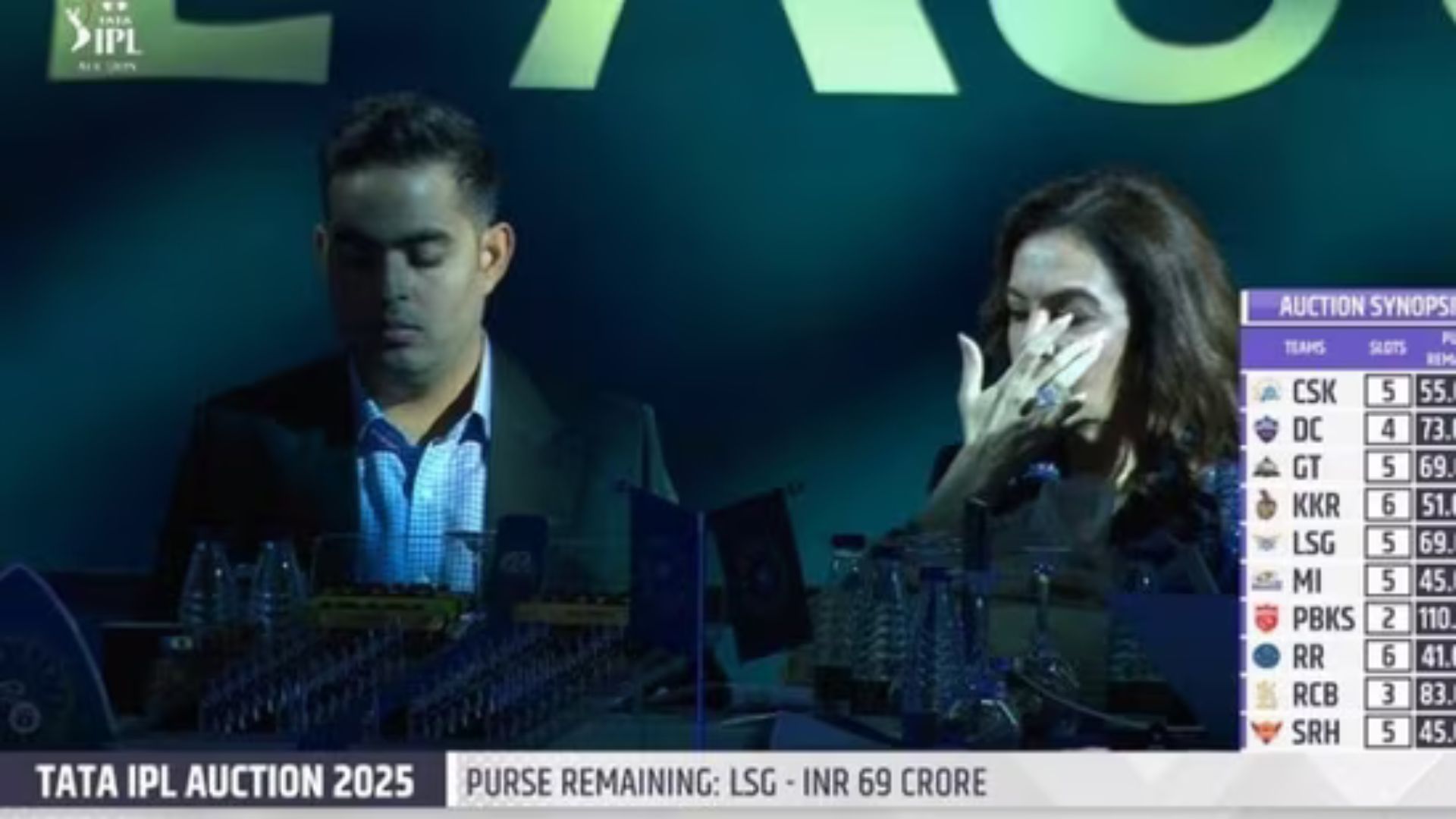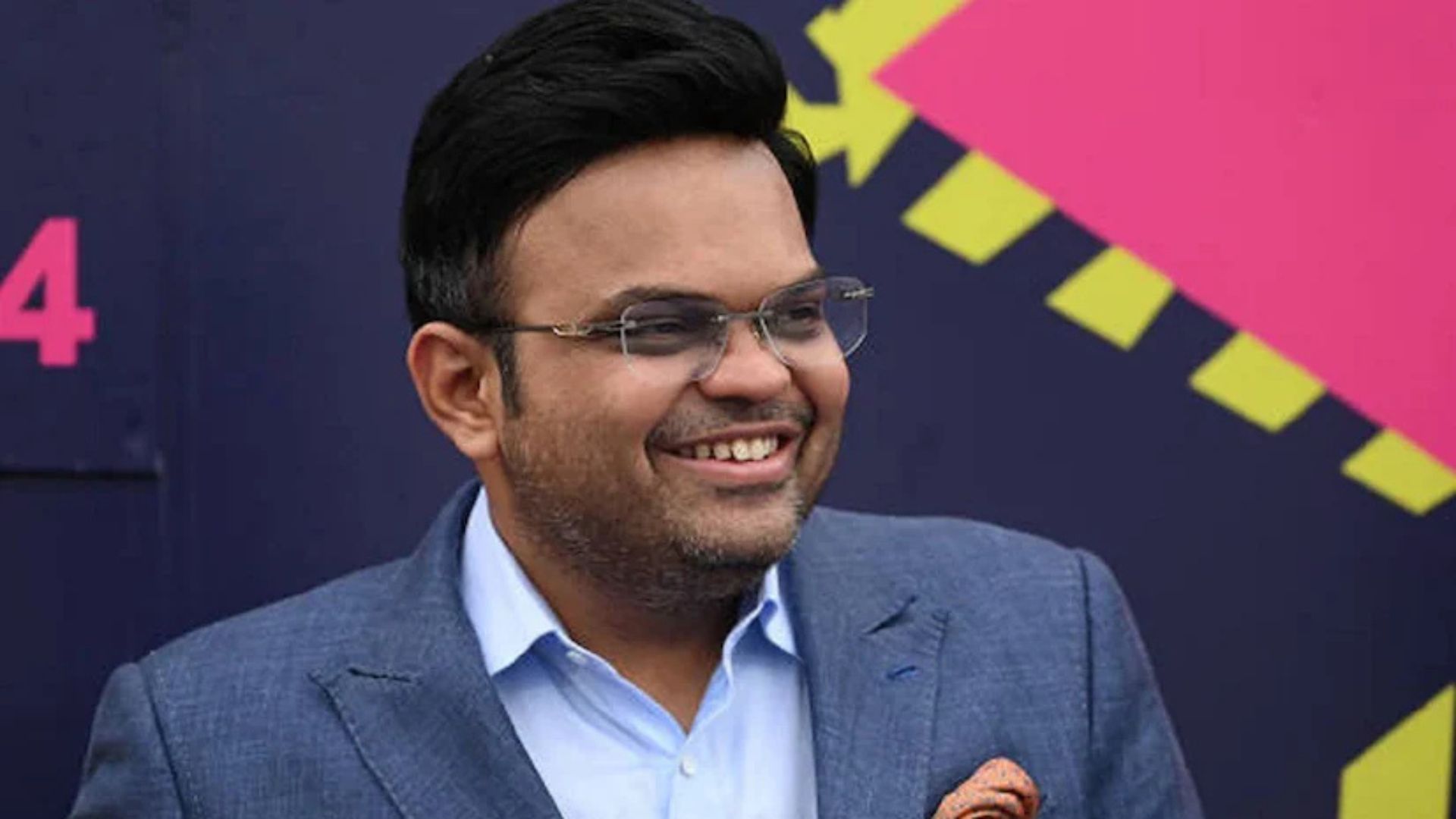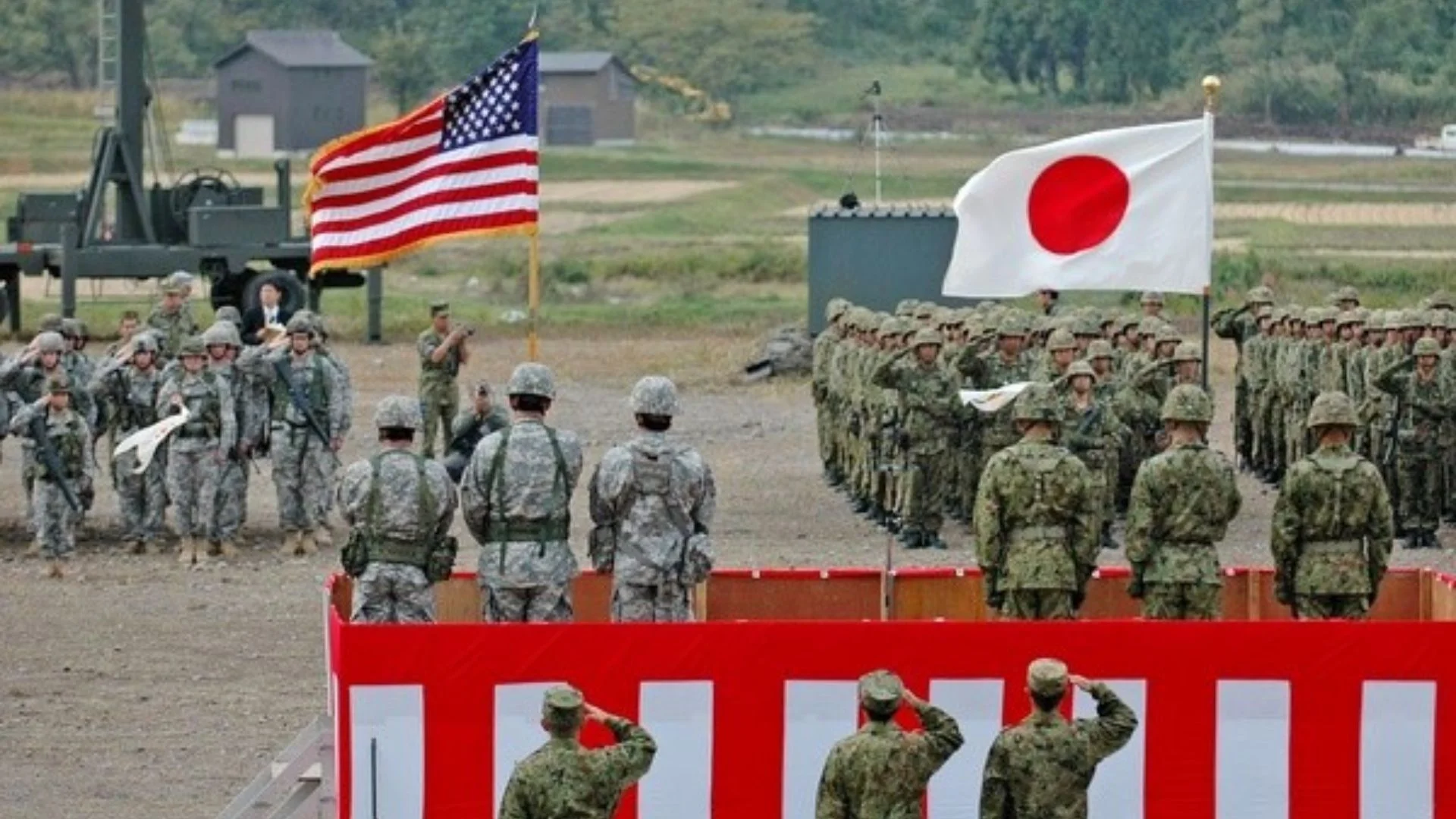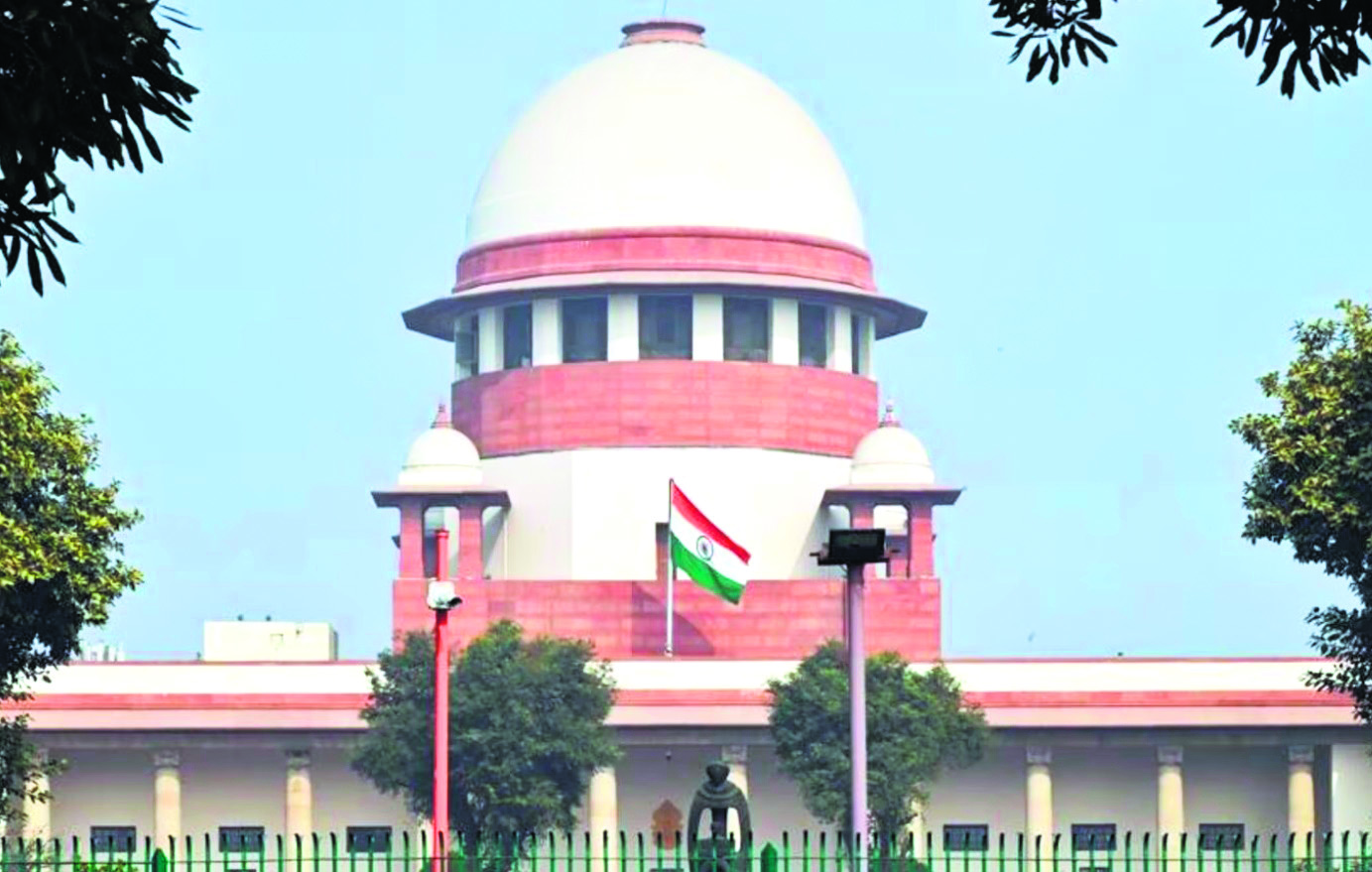
The Supreme Court on Wednesday expressed astonishment at the Centre’s assertion that it does not accept the 1981 amendment to the Aligarh Muslim University (AMU) Act, which granted minority status to the institution. The court emphasised that the government must uphold what Parliament has enacted.
A seven-judge Constitution bench led by Chief Justice D Y Chandrachud, along with Justices Sanjiv Khanna, Surya Kant, J B Pardiwala, Dipankar Datta, Manoj Misra, and Satish Chandra Sharma, is deliberating on the contentious issue of AMU’s minority status. The bench remarked that Parliament is an “eternal, indestructible body” under the Indian Union.
“How can you not accept an amendment by Parliament?” questioned Chief Justice Chandrachud to Solicitor General Tushar Mehta, representing the Centre.
“Mr. Solicitor, Parliament is an eternal, indestructible body under the Indian Union, and irrespective of which government represents the cause of the Union of India, Parliament’s cause is eternal, indivisible and indestructible and we can’t hear the Government of India say that the amendment which the Parliament made is something I don’t stand by. You have to stand by it,” observed Justice Chandrachud.
The bench highlighted that the government has the option to amend the law again if it disagrees with the 1981 amendment.
“This is an amendment by Parliament (in 1981). Is the government accepting the amendment?” inquired Justice Khanna.
“I am not,” responded Mehta.
Mehta clarified that he was not presenting a case of “A versus B” and was addressing constitutional questions before a seven-judge constitution bench.
“The amendment in question was subjected to challenge before the (Allahabad) high court, and there is a judgment declaring that it is unconstitutional for A, B, C, D grounds, and as a law officer, it is my right as well as my entitlement and duty to say that this view appears to be correct,” he asserted.
The Allahabad High Court had invalidated the provision of the AMU (Amendment) Act, 1981 in January 2006 granting minority status to the university.
The CJI expressed concern, stating that it would be “radical” for a law officer to tell the court, “I don’t abide by what Parliament has done.”
“You have to stand by what Parliament has done. Parliament is supreme. Parliament is undoubtedly supreme in its law-making function. Parliament can always amend a statute, in which case a law officer can say I have an amended statute,” noted Justice Chandrachud.
“Can we hear any organ of the Union government say that notwithstanding a parliamentary amendment, I don’t accept this amendment,” added the CJI, emphasizing that Parliament is an eternal, indivisible, and indestructible entity under democracy.
Mehta argued that he was supporting the 2006 high court verdict. “How can you say I don’t accept the validity of an amendment?” questioned the bench.
In response, the solicitor general said, “Would a law officer be expected to say that whatever amendments were made in the Constitution of India during Emergency were true only because they were made by Parliament.”
The CJI pointed out that the 44th Amendment Act, 1978, rectified the issues arising during the Emergency.
“The 44th amendment came in only for that. The 44th amendment came to redress the evils which were perpetrated in the name of a constitutional amendment,” he said.
The 44th Amendment Act was enacted by the Janata Party government in response to the Emergency, proposing changes to uphold the Constitution’s secular and democratic character.
Mehta referred to the high court verdict and stated that the 1981 Amendment Act was set aside and, therefore, no longer part of the statute book.
“There is an affidavit filed by the government. It’s not my stand…,” he clarified.
Senior advocate Kapil Sibal, representing one of the parties supporting AMU’s minority status, recalled how the then Attorney General defended the Emergency provision.
“I was sitting in the court when the then Attorney General of India Niren De was standing here and arguing what is being done is right. I (attorney general) defend the Emergency provision. Why? Because he could not say otherwise,” Sibal said.
Mehta highlighted the distinction, noting that the then attorney general was not in a situation where one high court had invalidated the 1981 amendment, and the provision no longer existed in the statute book.
The arguments in the matter remained inconclusive and are scheduled to resume on January 30.
On February 12, 2019, the top court referred the highly contentious issue to a seven-judge bench for adjudication. A similar reference was made earlier in the S Azeez Basha versus Union of India case in 1967, where a five-judge constitution bench held that since AMU was a central university, it could not be considered a minority institution. However, it regained its minority status when Parliament passed the AMU (Amendment) Act in 1981.
The Congress-led UPA government appealed against the 2006 high court order, while the NDA government led by the BJP informed the apex court in 2016 that it would withdraw the appeal filed by the erstwhile UPA dispensation.
